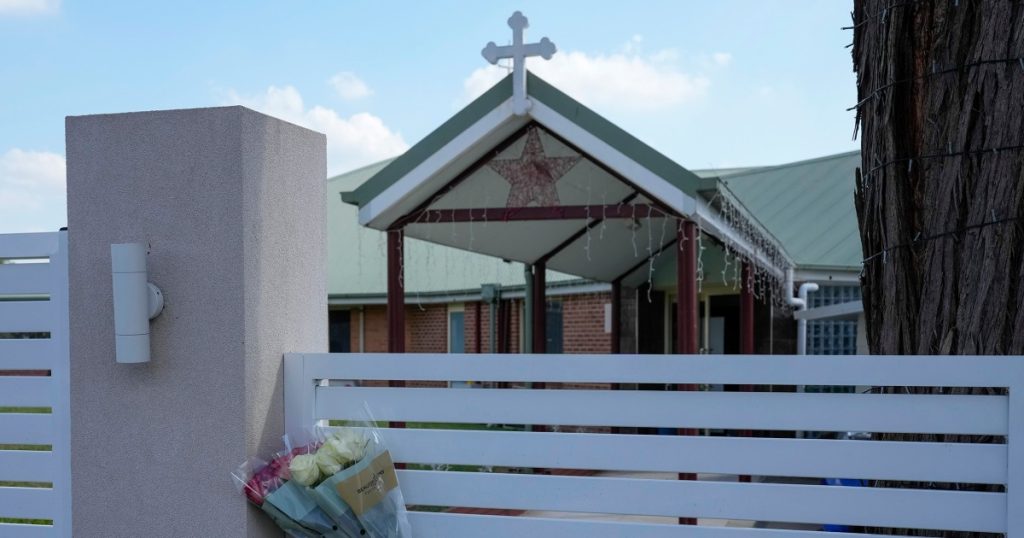An Australian court rejected a request from the country’s cyber safety regulator to extend an injunction against X, owned by Elon Musk, to block videos of the stabbing of an Assyrian church bishop. The attack was deemed a terrorist act, and the court refused to extend the temporary order last month. The case will be further discussed in a hearing scheduled for Wednesday. The legal battle has led to tensions between Musk and Australian officials, including Prime Minister Anthony Albanese, who criticized Musk as an “arrogant billionaire” for his objections to taking down the video. Musk has characterized the regulator’s actions as censorship and posted memes in response.
The eSafety Commissioner initially ordered X, previously known as Twitter, to remove 65 posts containing footage of the church bishop being stabbed during a sermon in Sydney in April. The court upheld this order, stating that the content showed explicit violence. A 16-year-old has been charged with a terrorism offense in connection with the attack. While Australian users have been blocked from viewing the posts, X has refused to remove them globally, arguing that individual countries’ rules should not dictate internet content. The regulator argued that geo-blocking Australians would be ineffective due to the widespread use of virtual private networks that disguise user locations.
In response to the ongoing dispute, the Australian government announced plans to conduct a parliamentary inquiry into the impact of social media, citing the significant control these platforms have over what Australians see online. The inquiry will focus on the lack of scrutiny over social media content and its potential negative effects. Other platforms, such as Meta, complied with requests to take down the content swiftly when asked. The legal battle underscores the broader debate over internet regulation and free speech, with various stakeholders advocating for different approaches to managing online content.
The refusal to extend the injunction against X highlights the complexities of balancing cybersecurity concerns with freedom of expression on digital platforms. The dispute between Musk’s company and Australian authorities reflects broader tensions around online content moderation and the responsibilities of tech companies in regulating harmful material. The case also raises questions about the effectiveness of geo-blocking as a solution to prevent certain content from being accessed in specific regions, particularly in the face of tools like virtual private networks that can circumvent such measures. The parliamentary inquiry initiated by the Australian government signals a broader effort to address concerns around the influence of social media platforms and the need for greater oversight in regulating online content.












